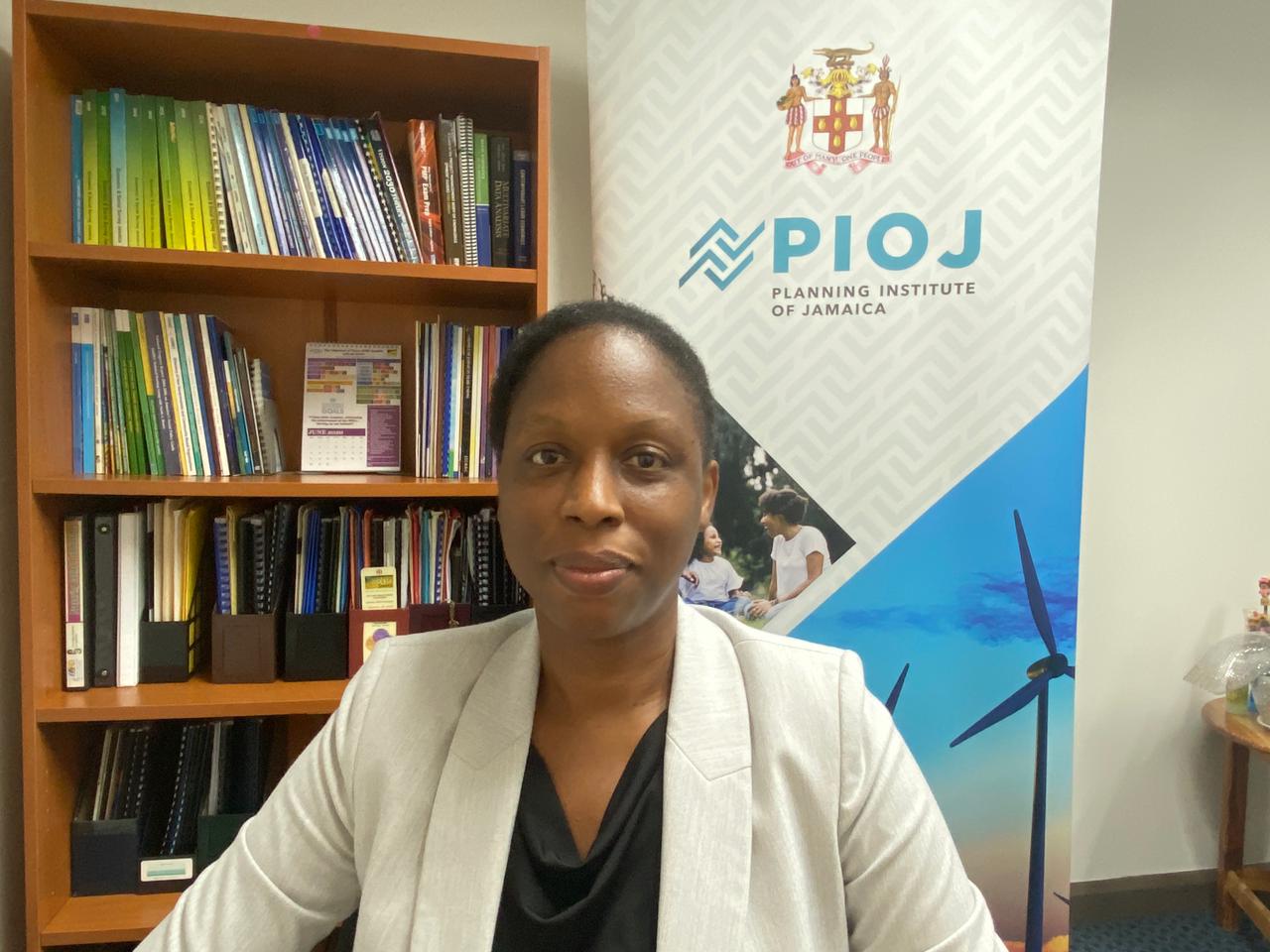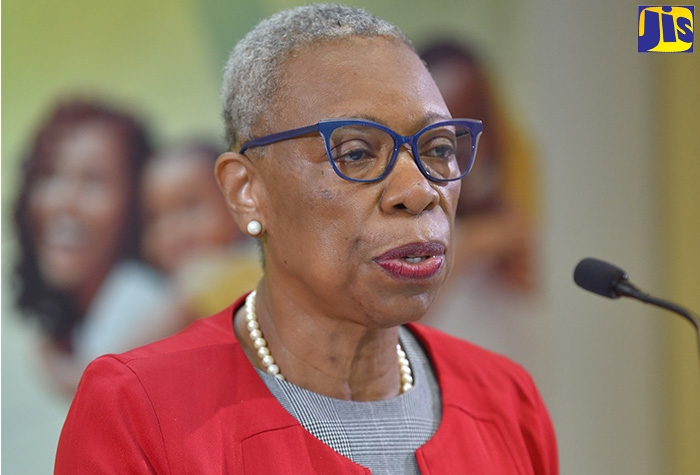2019 Jamaica Survey Of Living Conditions Report Unveiled
By: , March 23, 2022The Full Story
The 2019 Jamaica Survey of Living Conditions (JSLC) Report was formally unveiled during a digital ceremony on Wednesday (March 23).
This survey marked the 30th edition of the exercise, which is jointly undertaken by the Planning Institute of Jamaica (PIOJ) and Statistical Institute of Jamaica (STATIN).
It plays a critical role in measuring the living standards of Jamaican households, with the data derived serving to inform and guide key policy and programme implementation.
STATIN designs the survey and collects the data, while the PIOJ analyses the findings and undertakes an extensive process of review in preparing the report.
The 2019 survey encompassed seven modules – demographic statistics, household consumption and poverty, health, education, early-childhood development, housing and social protection.
Data collection commenced in May 2019 and spanned nine months, with the sample covering 6,551 individuals from more than 2,300 households.
The information collated provides comparisons mainly between 2019 and 2018 and, in some cases, with 2017.
Director for Policy Research in the PIOJ’s Social Policy, Planning and Research Division, Suzette Johnson, indicated that a longer period of analysis was not possible at this time, as STATIN, in an effort to improve data collection quality, modified the sample design and weighting methodology.
“This does not allow for direct comparisons with previous years. But once we have done the revisions, we will be sharing the data with you,” she added.
Mrs. Johnson, in providing a summary of the data, highlighted variations in the findings.
Notably, she informed, is the continued decline in the average size of households and consumption patterns; higher rate of poverty in rural areas; increased prevalence of non-communicable diseases; and a significant proportion of households indicating that their main source of income was insufficient or irregular.
She said, however, that the findings regarding early-childhood development show that adults in the home continue to engage children in stimulating activities and were diversifying the way they administer discipline.
In her remarks, STATIN Director General, Carol Coy, noted that the survey has evolved over the years, with significant efforts being made to ensure it continues to fulfil its purpose of providing the Government with information for socio-economic policy development, evaluation, and planning.
Consequently, she said, the JSLC has remained relevant and continues to provide reliable and valuable data on a comprehensive range of social indicators.
Ms. Coy pointed out that monitoring social indicators now takes on “even greater importance”, citing the need to continuously assess Jamaica’s progress towards achieving the Sustainable Development Goals (SDGs) and the various outcomes in the Vision 2030 Jamaica National Development Plan.
“These activities highlight the importance of the JSLC as a social sector monitoring tool,” she added.
Ms. Coy informed that as part of STATIN’s drive to continuously improve its data-collection process and ensure all products are of the highest standard, in 2019, the agency upgraded to Survey Solutions, a data-collection and survey management software developed by the World Bank.
She said a significant benefit of using this tool is the ability to identify and correct survey processes during the field operation, thus improving the quality of the data produced.
“We, therefore, encourage all our stakeholders to utilise the data provided, in the interest of our nation’s development,” Ms. Coy said.
She also thanked the various stakeholders contributing to the execution of the 2019 JSLC, including the participating households, and field officers conducting interviews.
In his remarks, PIOJ Director General, Dr. Wayne Henry, noted that the world has significantly changed since the fielding of the 2019 JSLC, due to the onset of the novel coronavirus (COVID-19) pandemic in 2020.
Consequently, he said, the 2019 data will play an important role of baseline for the social indicators measured by the survey.
Dr. Henry pointed out that data for the health, education, and early-childhood development modules, in particular, will aid in establishing some of the direct effects of the pandemic when comparisons with subsequent years are made.
“In a more general way, data from the JSLC 2019 will help determine how our current policies and programmes should evolve, in order to chart a path for Jamaica’s economic and social recovery. The data will also be used to ensure that existing interventions are tailored, accordingly, and new ones are introduced, wherever necessary, to bolster progress and innovation,” he added.






